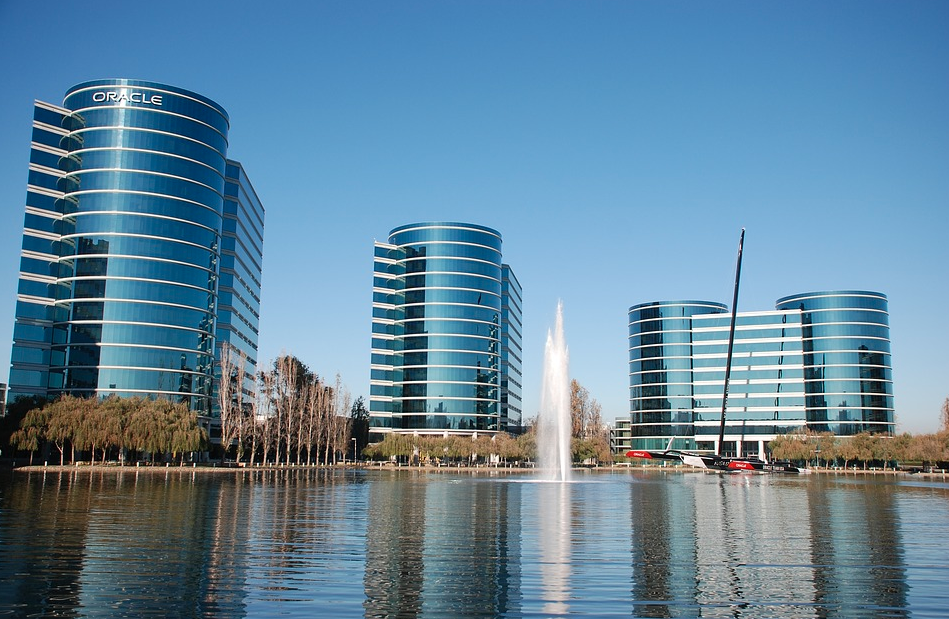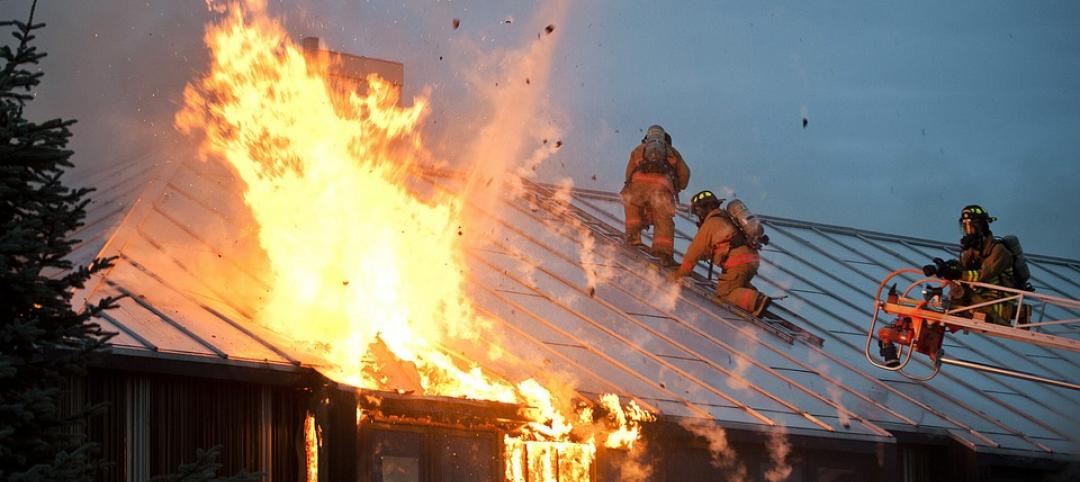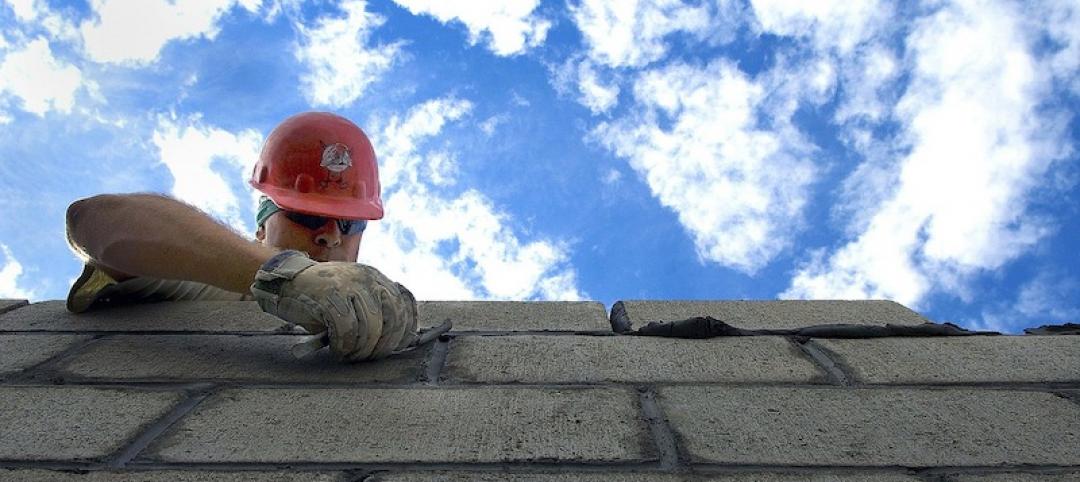After Seattle’s recent enactment of an employee head count tax to combat an acute housing shortage blamed on the rapid growth of Amazon and other high tech companies, cities in Silicon Valley are moving forward with similar proposals.
Mountain View, home to Alphabet, Intuit Inc., and LinkedIn, has proposed a tax that could cost major local employers between $250 and $300 a head. The city council is expected to vote on the bill next month.
Palo Alto's city council recently voted to send a tax measure to voters in November that would raise levies on hotel rooms and on real estate transactions. The taxes could affect tech businesses buying new offices and visitors doing business with them. The city failed to pass a direct business tax almost a decade ago.
In San Francisco, a coalition of non-profit organizations is spearheading an effort to tax companies 0.5% on earnings of more than $50 million. Seattle will tax large employers $275 per employee for a total expected to be about $50 million.
Related Stories
Codes and Standards | Jul 23, 2019
Berkeley, Calif. passes nation’s first ordinance to make new buildings all-electric
No gas hook-ups will be allowed in new houses, apartments, and commercial buildings.
Codes and Standards | Jul 22, 2019
San Francisco office building is city’s first structure certified by BREEAM USA for existing buildings
The Landmark @ One Market is one of San Francisco’s most architecturally distinctive buildings.
Codes and Standards | Jul 16, 2019
ASCE seeks comments on update to Calculation Methods for Structural Fire Protection standard
Pertains to fire resistance rating times.
Codes and Standards | Jul 15, 2019
USGBC calls for proposals for feedback, concepts for next LEED version
The move follows successful public input on LEED 4.1.
AEC Tech | Jul 15, 2019
Lack of standards hampers development of exoskeleton industry
Guidelines, common terminology, and testing methodology are needed, says expert.
Concrete | Jul 8, 2019
Concrete repair code requirements released
American Concrete Institute offers guidance on assessment, repair, rehab of existing concrete structures.
K-12 Schools | Jul 8, 2019
Collaborative for High Performance Schools releases 2019 Core Criteria Version 3.0 Update
The update adds credits to lower carbon footprints and to promote climate change resiliency.
Wood | Jul 8, 2019
Campaign launched to promote ‘climate-smart wood’
The Forest Stewardship Council and other groups aim to help buyers understand and make it easier to locate lumber that meets sustainable forestry standards.
Urban Planning | Jul 8, 2019
U.S. cities experience ‘Doppler shift’ in walkable urban development
The walkability trend is spreading to urbanizing suburbs.
Codes and Standards | Jun 27, 2019
Construction workers need continuous skills upgrades
A report by Autodesk and Deloitte focuses on how workers can succeed in an automated world.

















